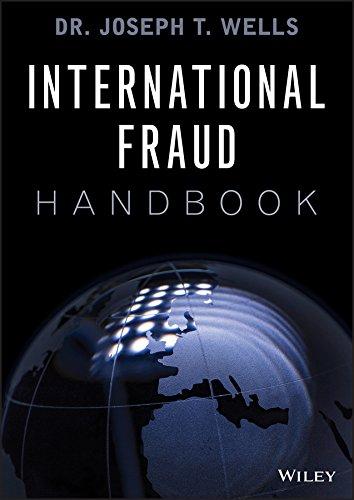Question
As stated in the lecture, most CDP cases involve an abuse of discretion review by the U.S. Tax Court regarding whether the Settlement Officer erred
As stated in the lecture, most CDP cases involve an "abuse of discretion" review by the U.S. Tax Court regarding whether the Settlement Officer erred in his discretion by rejecting the taxpayer's proposed collection alternatives (if any) and deciding to sustain the NFTL filing or the proposed levy. In my personal opinion, these cases do very little good for the taxpayer, unless the goal is to delay collection for a short period of time.
First, the taxpayer can propose a collection alternative at any time to IRS collection; it does not have to be in response to a notice of intent to levy or the filing of a NFTL. Second, it seems like many taxpayers enter into this process with a failure to understand what is going to happen. I often talk to taxpayers who have been through the administrative hearing, are now before the Tax Court, and think that the Court is going to tell the IRS to stop all collection or reduce the amount of liability at issue. Genuine liability challenges in CDP cases are rare; I've only worked on a few of those cases in my time with Counsel. I've talked to several taxpayers who did not seem to understand that the BEST the court could do for them is remand their case back to Appeals to start the process over again.
Finally, these cases create a lot of paperwork and suck up a lot of time with little benefit to either side. A CDP administrative hearing (from Form 12153 submission to issuance of the Notice of Determination) can take several months. CDP cases that go to Tax Court can often take a year to get scheduled for trial, and I've seen judges take over a year to issue a written opinion in cases that have gone to trial.
And how does this benefit the taxpayer, since the IRS wins the vast majority of CDP cases?
The NFTL is in place the entire time, the interest keeps accruing on the liability, and the CSED is suspended.
Obviously I have an opinion here re: these types of cases. What do you think? Have any of you worked on CDP cases before?
Step by Step Solution
There are 3 Steps involved in it
Step: 1

Get Instant Access to Expert-Tailored Solutions
See step-by-step solutions with expert insights and AI powered tools for academic success
Step: 2

Step: 3

Ace Your Homework with AI
Get the answers you need in no time with our AI-driven, step-by-step assistance
Get Started


